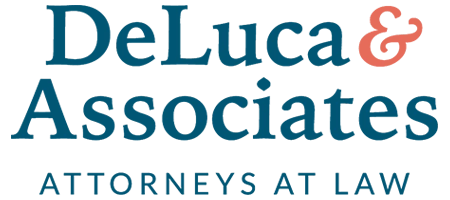Drugged Doctoring: A Surprisingly Common And Under-Addressed Problem
Drugged doctoring puts patients in needless danger; with Rhode Island substance abuse rates high, patients may be especially at risk for substandard care.
For virtually any medical professional, coming to work prepared, focused and sober is critical. Sadly, statistics show that it’s not so uncommon for medical professionals to work under the influence of drugs, greatly raising the risk of medication errors, surgical errors, poor diagnoses and countless other mistakes. Unfortunately, patients in Providence and around the U.S. may be especially at risk for substandard care at the hands of an impaired medical professional.
Doctoring Under The Influence
Across the country, more than 100,000 doctors, nurses, health care aides and medical technicians abuse prescription drugs, according to a USA Today report published earlier this year. An estimated 1 in 10 medical professionals will struggle with some form of substance abuse at some point. Several risk factors may contribute to drug use on the part of medical professionals, including:
- The stressful nature of the job.
- The easy access to prescription drugs.
- The relative lack of oversight.
The consequences of drugged doctoring can be deadly, and they can also affect many patients. For example, at least 46 people in New Hampshire developed hepatitis infections because a technician was injecting himself with pain medication directly from syringes that patients would later use. Since 2009, at least three hepatitis outbreaks have occurred under similar circumstances.
The lack of monitoring or other procedures to prevent such abuses is alarming. USA Today reports that many hospitals and care facilities do not have the resources to properly track prescription drugs or oversee access to them. Often, disciplinary action is not taken against a professional until several incidents have occurred.
In Rhode Island and across the country, state laws also fail to address the issue. No state currently requires doctors to undergo drug testing, and care facilities rarely independently choose to enforce a drug testing policy. Additionally, most states lack laws requiring hospitals to report incidences of employee drug use to authorities. This means that even the employees who are caught often do not receive needed treatment or appropriate sanctions.
California could become the first state to mandate drug testing for doctors; the issue will appear on the ballot this fall, according to NBC Los Angeles. If it passes, doctors will have to undergo random drug testing, and if the measure proves successful, other states might pass similar laws. This change could be especially beneficial in Rhode Island.
Rhode Island’s High Abuse Rates
Substance abuse on the part of doctors is a problem across the country. However, it may be especially widespread in Rhode Island, where the rate of substance abuse is already unfortunately high.
In 2009, Rhode Island was ranked the third worst state for non-medical use of prescription painkillers, according to the Providence Journal. For the past decade, Rhode Island has ranked among the five states with the most illicit drug use. According to materials from Rhode Island Hospital, the state has one of the highest per capita problems with illicit drug use.
Given this existing problem, a number of Rhode Island doctors may abuse prescriptions or other substances, and the risk of patients receiving substandard care may be significant. Anyone who is hurt because of a doctor’s mistakes or misjudgments should speak with an attorney to discuss pursuing compensation.
Keywords: malpractice, negligence, personal injury
